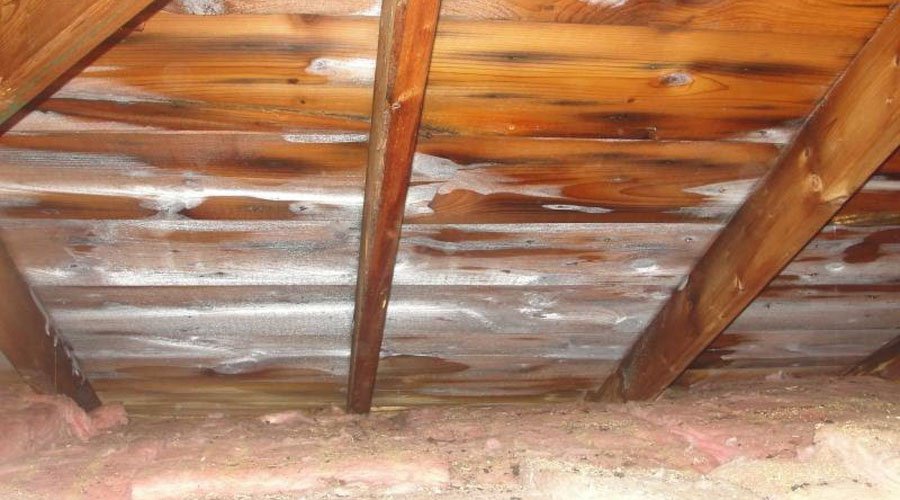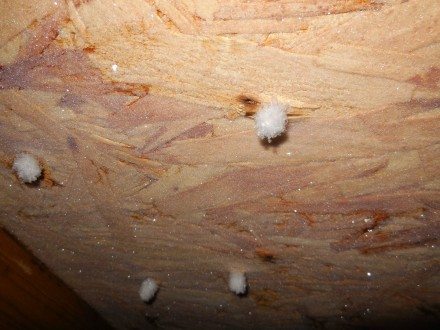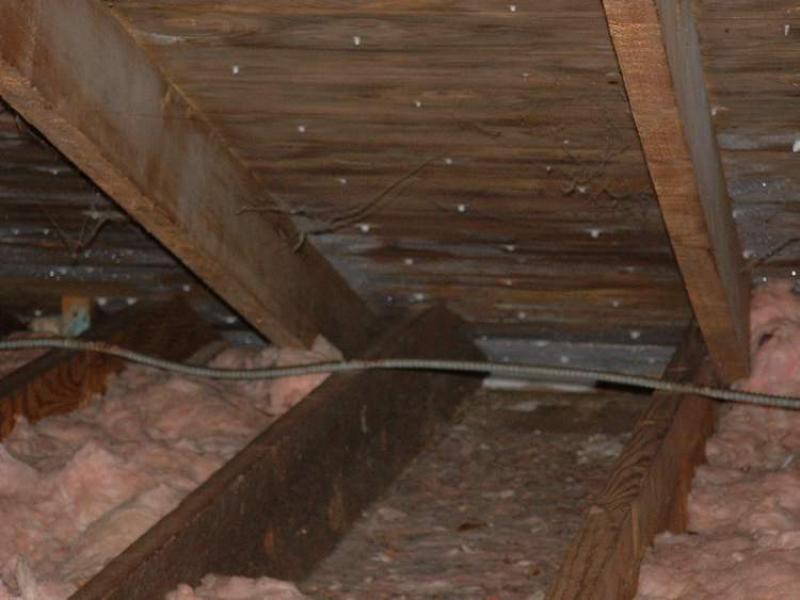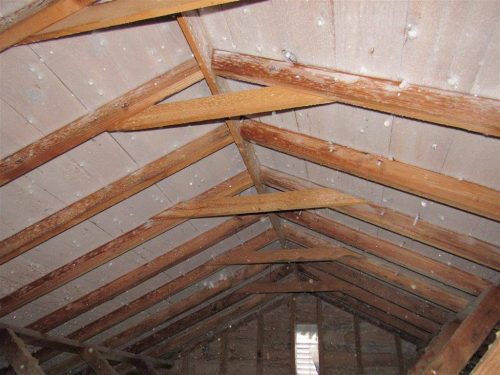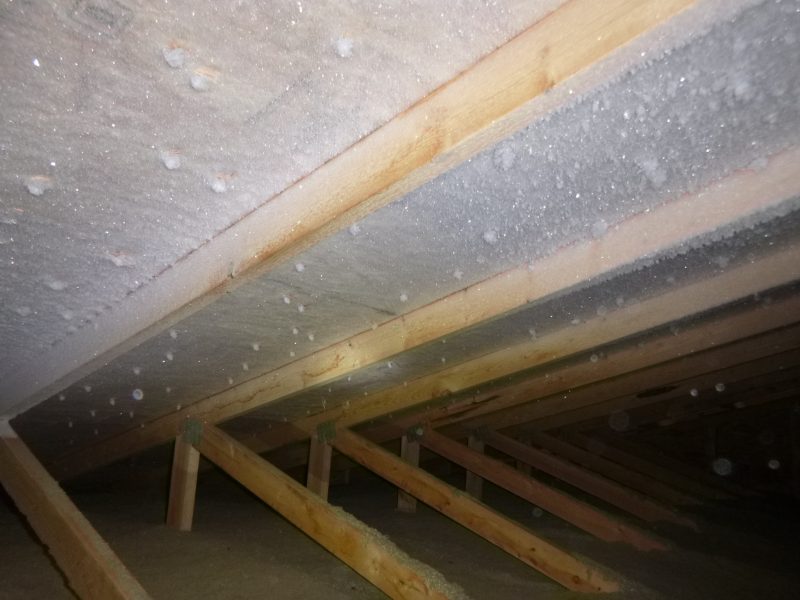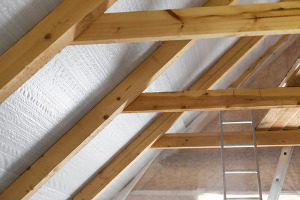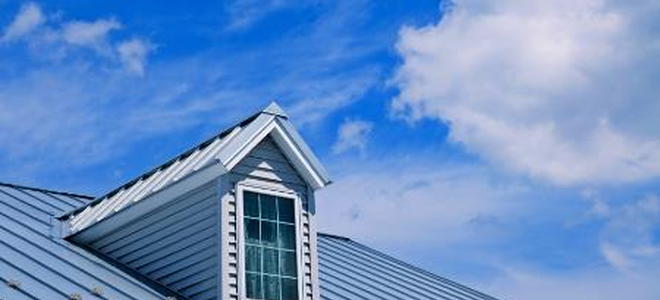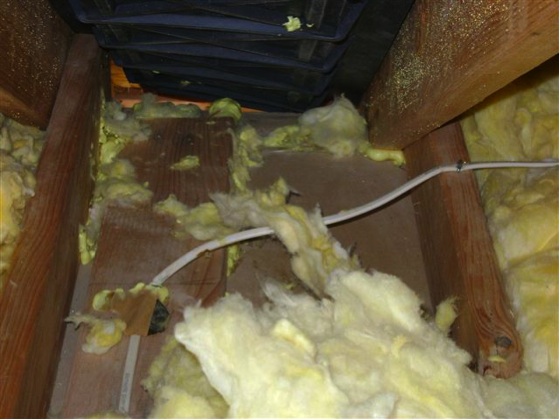Frost In Attic During Winter

If you have a roof leak in the winter months and it s not being caused by ice dam there may be another culprit.
Frost in attic during winter. When that warm moist air meets the chilly underside of your roof s deck condensation occurs. More indoor humidity more frost in the attic. As the moisture migrates upwards to the colder attic areas during the winter months the relative humidity is increased to the point that condensation can occur on cold surfaces. When warm air from inside the house escapes traveling up through the bypasses the moisture condenses on the roof boards and rafters where the frost can form.
When the outside temperature rises again the frost thaws water collects and can leak into your house. You may pay an ice dam removal company to melt the ice dam off your roof only for the leaking to continue. The conditions that cause ice dams often cause attic condensation too. The more humid a house is the more frost you ll find in the attic.
With it comes moisture. In the winter heat in your home rises to the attic. I ve blogged about attic air. A point often overlooked is that since it s winter the water freezes on the cold nails.
A tool like this shoots nails through shingles. Frost gets into the attic from air leaks or attic bypasses. This is why you see the frost. During winter conditions attic frost is a problem associated with attic bypasses.
This moisture can seep into the structure of your home affecting roofing materials as well as framing and contents of your attic. The air in the attic has water in it and it condenses on the cold metal. The tips of the nails are supposed to penetrate through the wood on your roof. House pressure affects.
When attics are not well ventilated moisture collects in this area of the home. Attic condensation generally happens during winter spring months when warm moist air from the main living area rises into the attic space. The resulting thick layer of frost remained for several weeks until the weather warmed or a reasonable layer of snow covered the roofs to provide some insulation from the very cold exterior. Ceiling water leaks are one of the classic signs of air leakage into the attic.
It looks like the roof is leaking but it s really the melting of a winter s worth of frost in the attic.
